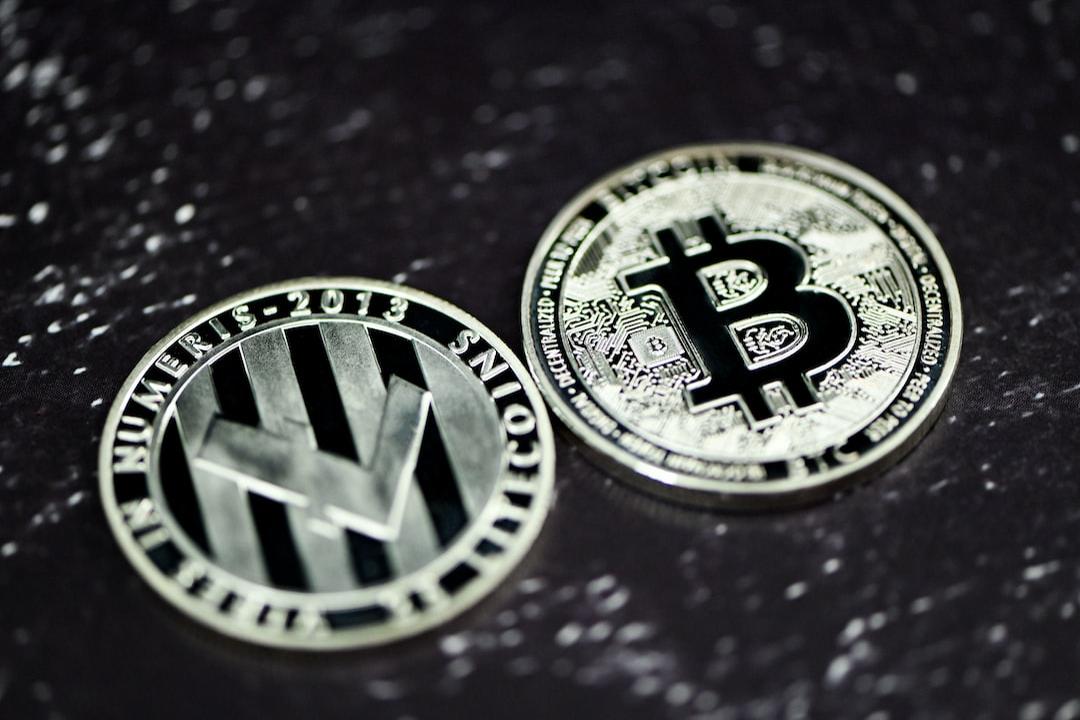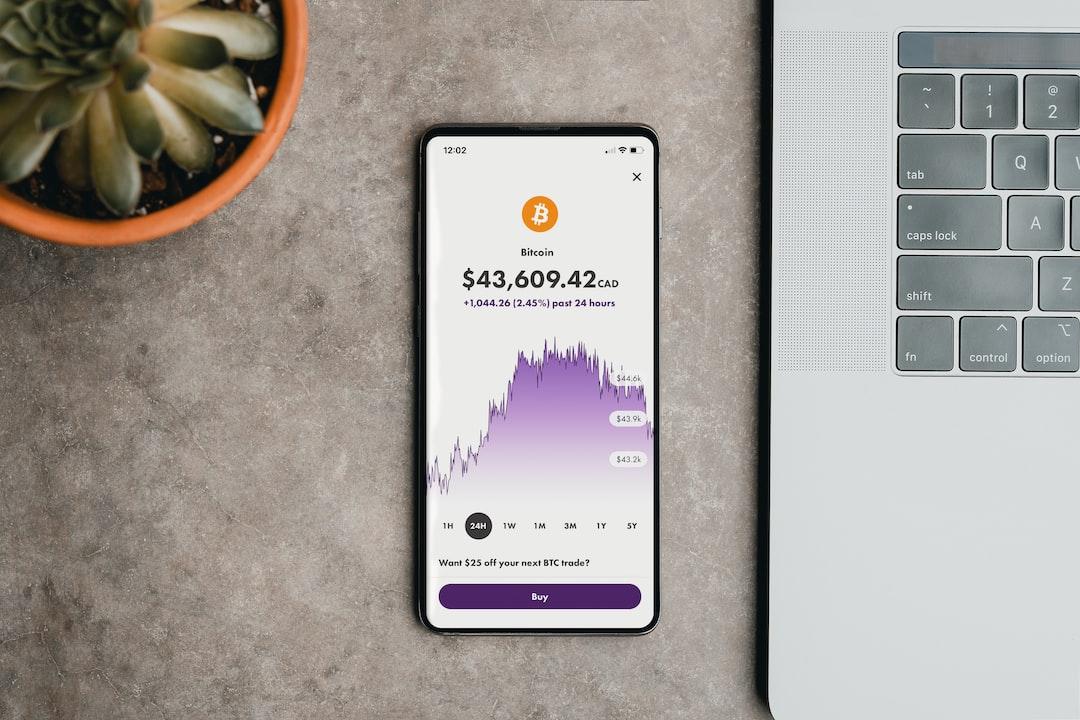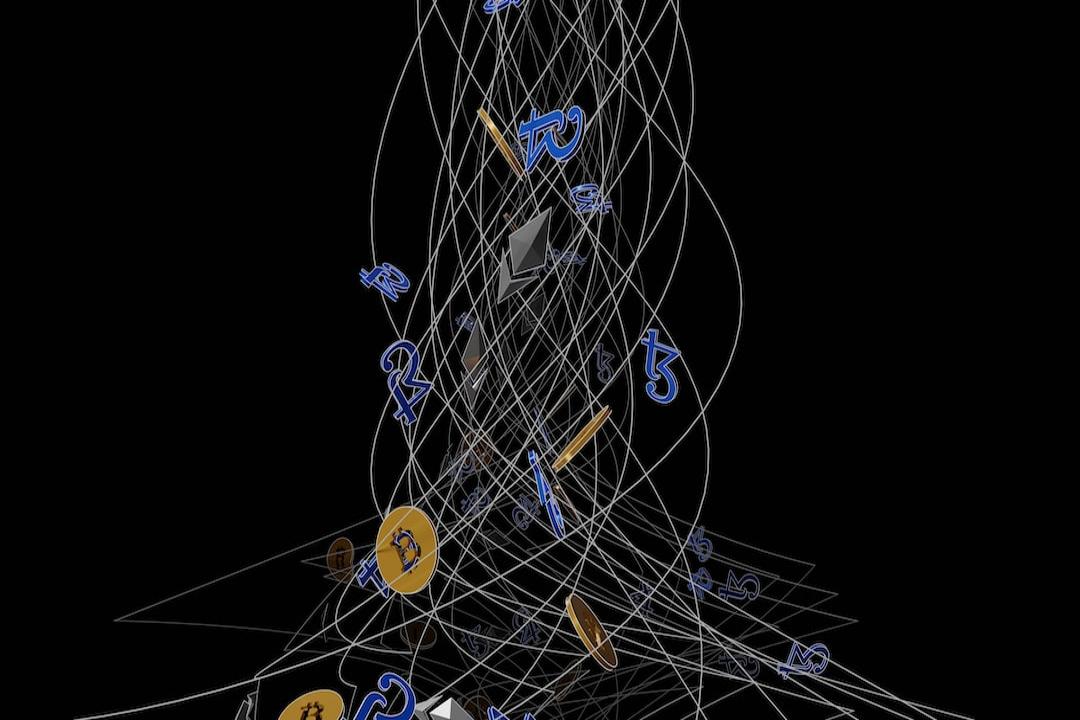
Report: JPMorgan Chase, Bank of America, and Citibank Hold $7.427 Trillion Off-Balance Sheet in Risky Mix of Unidentified Assets
JPMorgan Chase, Bank of America, and Citibank have been discovered to be keeping trillions of dollars in undisclosed and potentially hazardous assets off their balance sheets, as per recent data from the US government.
According to the Federal Financial Institutions Examination Council (FFIEC), JPMorgan Chase has a staggering $3.227 trillion off-balance sheet, while Bank of America and Citibank hold $1.6 trillion and $2.6 trillion off-balance sheet, respectively. These numbers were first reported by Wall Street on Parade.
The Federal Reserve defines off-balance sheet activities as a wide range of instruments, including firm loan commitments, standby letters of credit, foreign exchange, financial futures, forward contracts, options, interest rate swap contracts, and other derivative products.
The practice of off-balance sheet accounting has been common in the banking industry for years, and as noted by Wall Street on Parade, it played a significant role in the 2008 financial crisis.
“Citigroup, in particular, held assets off its balance sheet to reduce capital requirements. If those assets had been included, leverage in 2007 would have been 48:1, which is about 53% higher. Citigroup ultimately faced a massive collapse in 2008 and received the largest bailouts in global banking history. By March 2009, its stock was trading at a mere 99 cents.”
In July of last year, the Federal Reserve proposed higher capital requirements for banks to ensure their balance sheets are more resilient during economic downturns.
However, CEOs from JPMorgan Chase, Wells Fargo, Bank of America, Citigroup, Morgan Stanley, Goldman Sachs, BNY Mellon, and State Street strongly argued against these changes in a Senate Banking Oversight Committee hearing in December.
JPMorgan Chase CEO Jamie Dimon, in a prepared statement, expressed concerns that the proposed changes would harm the banking industry and the overall economy.
“Despite no evidence of large U.S. banks being undercapitalized today, the Basel III Endgame rule, if implemented, would unjustifiably and unnecessarily increase capital requirements by 20-25% for the largest banks. This would limit banks’ ability to deploy capital when it is most needed and have detrimental effects on the economy, markets, businesses of all sizes, and American households.”
It is important for investors to conduct thorough research before making any high-risk investments in Bitcoin, cryptocurrency, or digital assets. Transfers and trades should be done at one’s own risk, and any losses incurred are the individual’s responsibility. The Daily Hodl does not provide investment advice or recommend the buying or selling of cryptocurrencies or digital assets.















